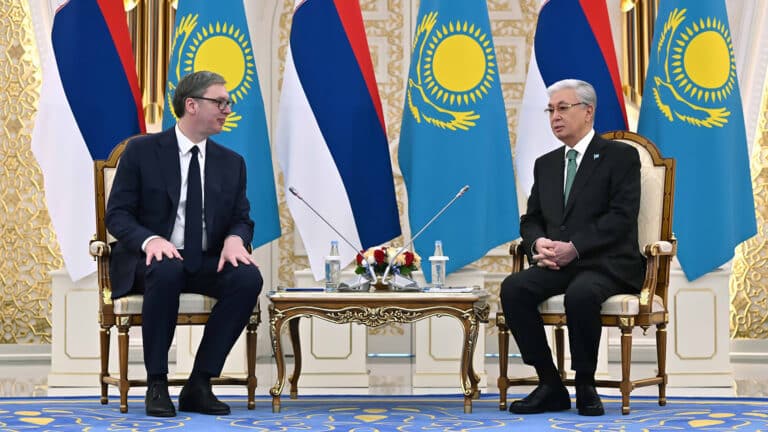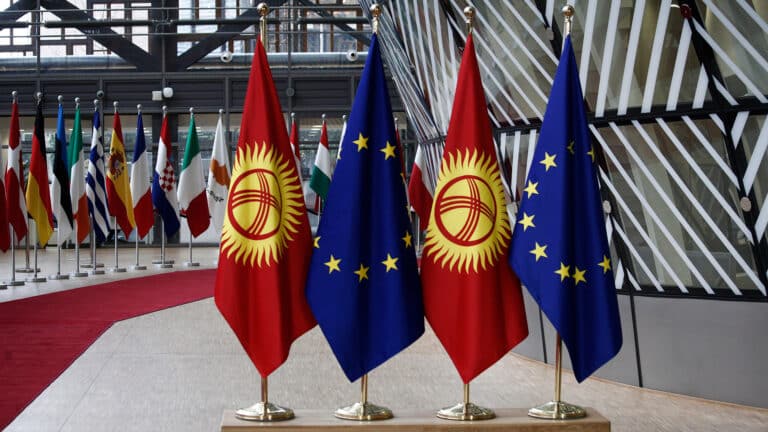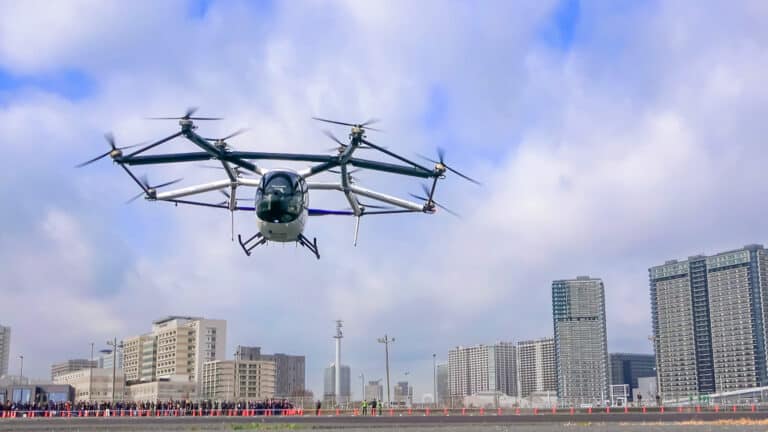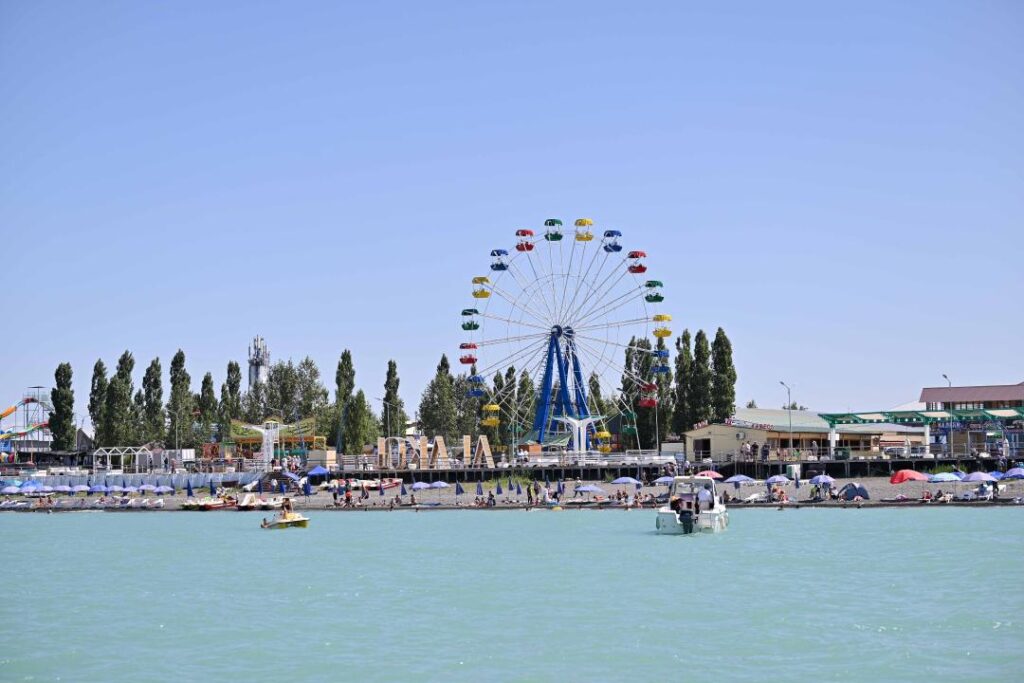
The beach area of Alakol, a lake situated in a narrow valley that connects the southern uplands of Kazakhstan with the arid northwest of China, has been known since ancient times for its medicinal properties. It is set to follow in the footsteps of Turkey and Egypt. Authorities aim to transform the lake into a high-quality recreational zone, with plans to attract Chinese investors interested in building hotel complexes along the Alakol coast.
The news followed a meeting between Berik Uali, the governor of the Abay region, and the authors of the general plan for developing tourism at Lake Alakol. The document is being developed under the instruction of President Kassym-Jomart Tokayev, who has emphasized the need for Kazakhstan to realize its tourism potential.
Under the general plan, the current 300-hectare beach area on the lake’s left bank will be expanded. To bring the local infrastructure up to international standards, the Abay region administration plans to apply global best practices, particularly drawing on the experiences of Turkey and Egypt. For example, according to international standards, the first 100 meters from the shoreline should consist entirely of sand — something still uncommon at Alakol. This will now be addressed.
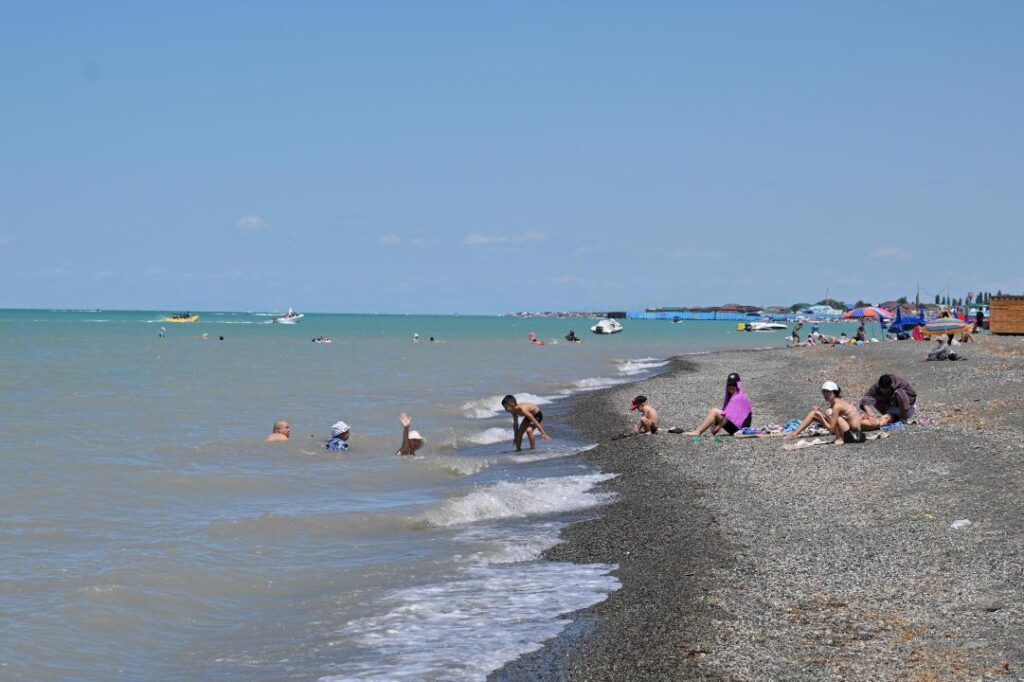
Uali also met with potential investors from China. They presented several proposals, including the construction of an international hotel, a conference center, eco-houses, a health retreat, and various cultural and entertainment facilities. The investors are reportedly ready to deliver and install the first 100 wooden houses along the lakeshore soon.
In turn, the governor instructed local authorities to support all investment initiatives and establish a framework for creating a consortium involving both local and international companies.
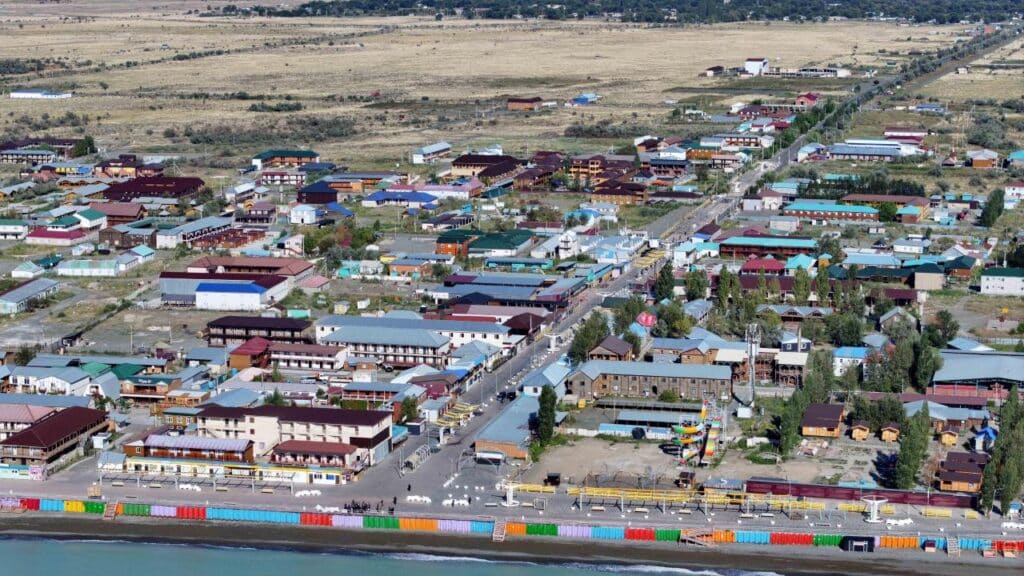
In addition, Uali was presented with a project aimed at strengthening the shoreline. According to the plan, the coastline will also be turned into an attractive walking area, complete with landscaping and recreational zones. All the work will be carried out by Teka Project, which has previously implemented similar initiatives along Alakol’s southern shore and at the mouth of the Ural River.


